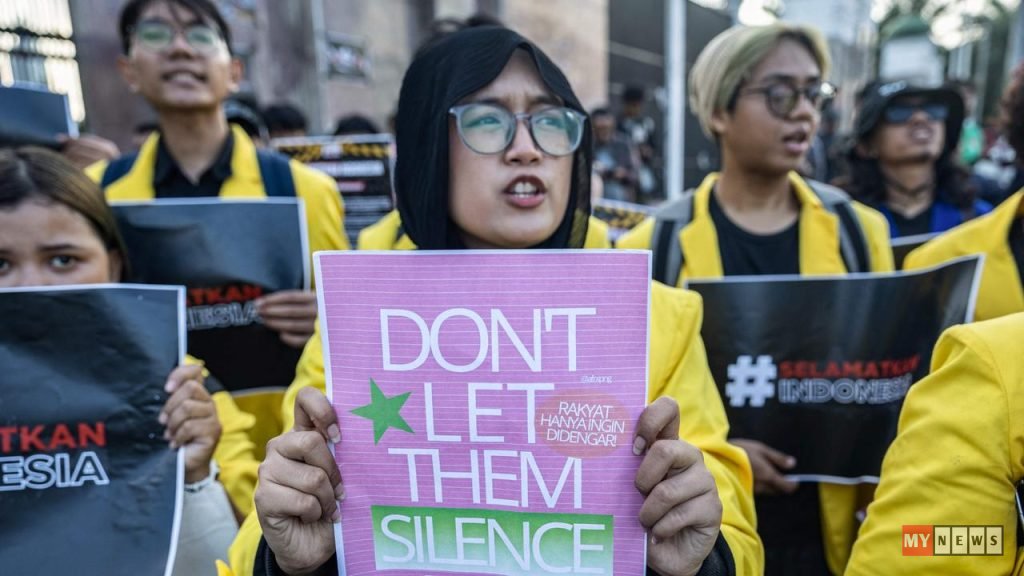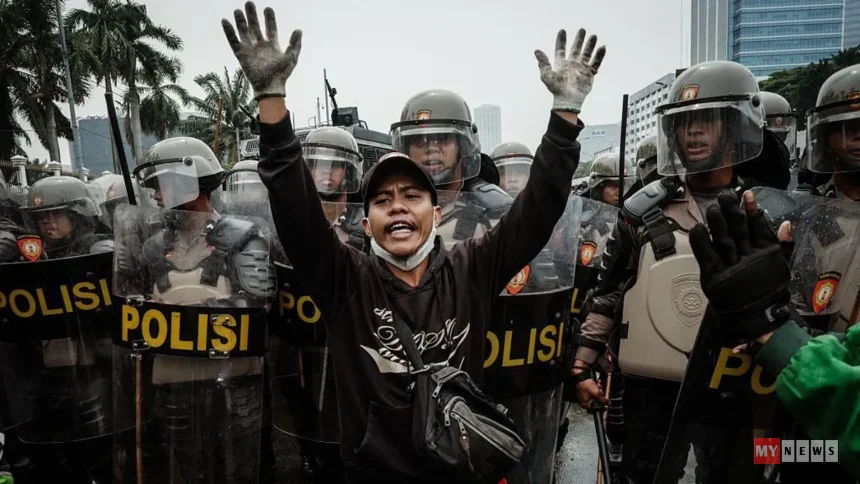Indonesian MPs Spark Fresh Outrage with New Allowance Hike Despite Recent Protests
In a move that has reignited nationwide outrage, Indonesian MPs have approved a substantial increase in their recess allowance, just weeks after mass protests forced a rollback of other parliamentary perks. Lawmakers will now receive 702 million rupiah (approximately $42,400 or £31,800) — nearly double the previous 400 million rupiah — sparking accusations of insensitivity and elitism amid rising living costs.
The announcement came from Deputy House Speaker Sufmi Dasco Ahmad, who defended the decision, saying it was necessary to “support lawmakers during their official duties” when parliament is not in session. However, many Indonesians see the move as a betrayal of public trust, particularly as citizens continue to struggle with high inflation, slow wage growth, and mounting economic pressures.
🇮🇩 Public Anger Rekindled Across Indonesia
The hike follows a turbulent few months in Indonesian politics. In August, thousands of citizens took to the streets to protest lawmakers’ monthly housing allowances of around $3,000 — almost ten times Jakarta’s minimum wage. That public outrage pushed the government to scrap the housing perk, temporarily easing tensions.
Now, with the new allowance hike taking effect on October 3, citizens have accused lawmakers of being “tone-deaf” and out of touch with everyday struggles. Social media has erupted with criticism, with hashtags calling for transparency and salary reform trending nationwide.
Civil society groups argue that such decisions expose a widening disconnect between Indonesia’s political elite and its working-class citizens, calling the move “a symbol of misplaced priorities.”

💰 Recess Allowances and Lawmakers’ Justification
According to Ahmad, the revised allowance reflects the “growing demands and rising costs” faced by lawmakers during recesses, when they are expected to travel to their constituencies and engage with voters. Indonesian MPs typically take five recesses per year, during which they are tasked with outreach and local development coordination.
To counter allegations of corruption, Ahmad also announced plans for a public transparency app that would allow citizens to monitor how lawmakers spend their recess funds. The initiative, he said, would ensure that taxpayer money is being used responsibly.
However, watchdog organizations remain skeptical. “Transparency means nothing without accountability,” said one anti-corruption activist, noting that public oversight apps in the past have had limited impact due to weak enforcement mechanisms.
🌏 A Global Comparison: How Indonesia Measures Up
Recess or constituency allowances exist in many democracies, often justified as covering travel and community expenses. In Australia, for instance, MPs receive electorate allowances ranging from $25,000 to $37,000 annually. However, in Indonesia — a nation still grappling with income inequality and recurring corruption scandals — such pay hikes are viewed with deep suspicion.
Political analysts say the optics of doubling allowances just after cutting another benefit create a credibility crisis. “It’s less about the amount and more about timing,” said political expert Dedi Kurnia Syah. “At a time when public trust in government is fragile, this decision feels like a slap in the face.”
💬 Public Reaction: ‘It Feels Like a Betrayal’
The backlash has been swift. “It’s like Indonesians have been pranked,” said Lucius Karus, a researcher from Formappi, a non-profit parliamentary watchdog. “People celebrated when the housing allowance was abolished, and now another massive perk appears out of nowhere.”
Further controversy erupted when reports surfaced that some lawmakers received an additional 54 million rupiah by mistake. Authorities later blamed a clerical error and said the funds had been recovered — but the damage to credibility was already done.
⚖️ A Crucial Test for Political Accountability
The uproar has put Indonesia’s leadership under renewed pressure to reform parliamentary compensation and rebuild trust. Analysts warn that repeated scandals over perks risk alienating voters ahead of future elections.
As one protester outside Jakarta’s parliament summed it up:
“You can’t fix corruption with another allowance — you fix it with accountability.”
For now, whether the new transparency measures can restore faith remains to be seen. But for many Indonesians, the allowance hike has become a symbol of political arrogance — a reminder that even in the world’s third-largest democracy, the fight for fairness and accountability is far from over.













